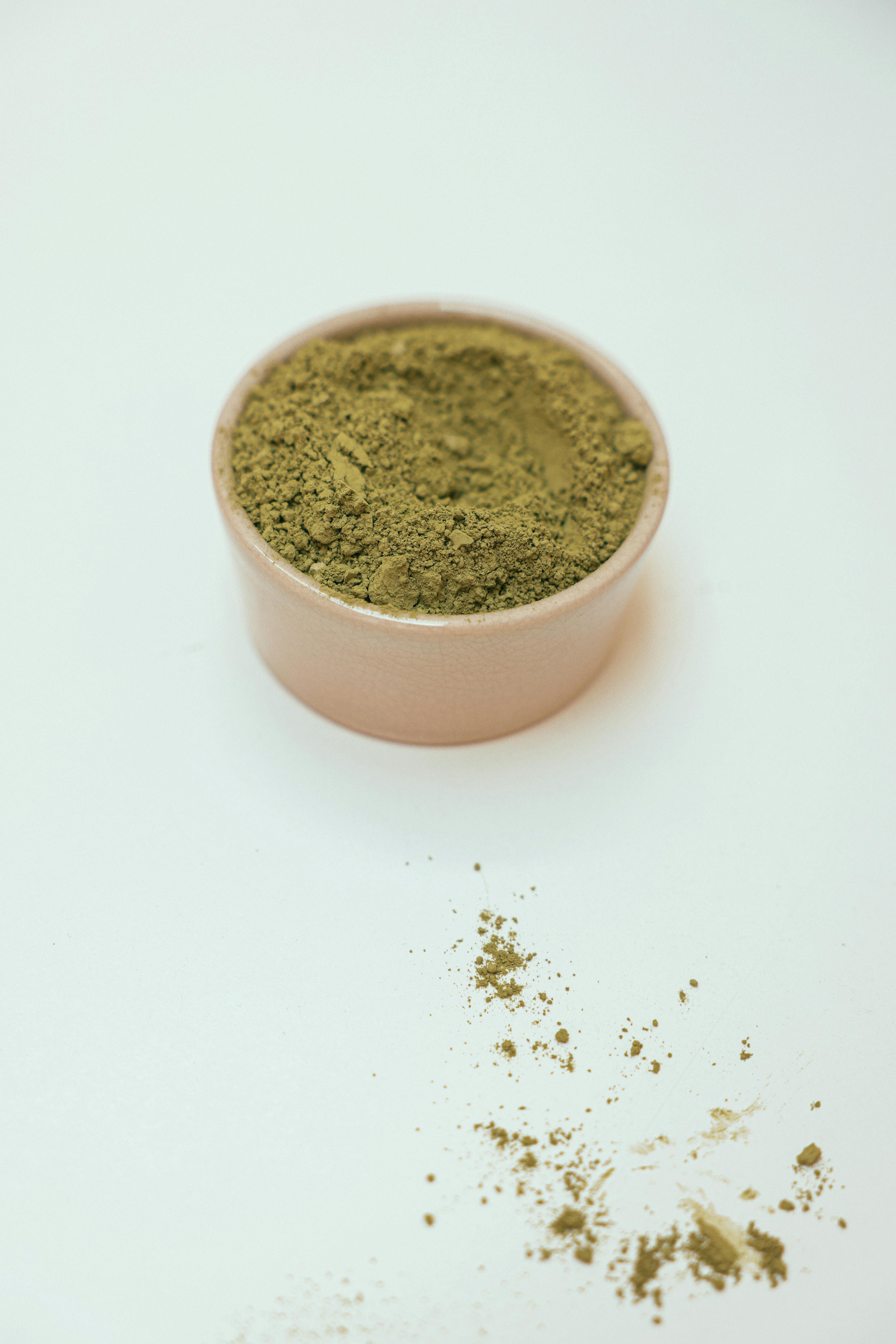Effective Ways to Improve Your H. Pylori Diet for Better Health in 2025
The health of your stomach significantly influences your overall well-being. For many, H. pylori is a common culprit behind various gastric issues. This bacteria can lead to conditions like stomach ulcers and chronic gastritis, making a proper diet essential for management. An H. pylori diet focuses on specific foods that can support healing while avoiding those that may aggravate the condition.
This article will delve into effective strategies for improving your H. pylori diet, highlighting the best foods to incorporate and those to avoid. By following these tips, you not only promote healing but also enhance your gut health in 2025. The key takeaways will include dietary changes, natural remedies, and how to maintain a balanced nutrition profile to combat H. pylori and its symptoms.

Essential Foods to Eat for Optimal H. Pylori Management
Building a robust diet is the first step towards managing H. pylori effectively. Incorporating remedies into your daily meals can fortify your gut health significantly. With countless options available, let’s explore some of the essential foods that contribute positively to H. pylori treatment.
1. Probiotics for Gut Health
Probiotics play a vital role in improving gut flora and are essential in managing an H. pylori infection. Foods rich in probiotics, such as yogurt and kefir, replenish beneficial bacteria in the gut. They help reduce H. pylori levels, support digestion, and alleviate symptoms associated with this infection.
Incorporate these into your diet regularly. For those lactose intolerant, there are numerous non-dairy probiotic-rich options, like kombucha and fermented vegetables. Ensuring your meals contain these can enhance digestion and provide a symbiotic environment for gut health restoration.
2. Alkaline Foods for Stomach Relief
Alkaline foods help neutralize stomach acidity, reducing gastric discomfort. Consuming vegetables like spinach, kale, and cucumbers can combat inflammation and promote healing. A low-acid diet primarily focuses on these foods and avoids harmful substances like caffeine and citrus fruits that could exacerbate symptoms.
Making smoothies with these greens or incorporating them into soups can be both nutritious and delicious, facilitating easier digestion while providing the necessary nutrients for healing.
3. Anti-Inflammatory Ingredients
Chronic inflammation exacerbates H. pylori issues, so an anti-inflammatory diet is crucial. Foods rich in omega-3 fatty acids, such as salmon and walnuts, are excellent choices. Turmeric and ginger also showcase potent anti-inflammatory properties, aiding in soothing the stomach lining and mitigating symptoms.
Using these ingredients in your cooking not only enhances flavor but also targets inflammation effectively. Consider a turmeric-infused broth as part of your meals to maximize the healing properties.
Foods to Avoid When Managing H. Pylori
While knowing what to include in your diet is fundamental, understanding what to avoid is equally critical for managing H. pylori effectively. Several foods can aggravate the stomach lining and exacerbate symptoms. Here, we outline the main culprits to steer clear of on your recovery journey.
1. Processed Foods and Sugars
Processed foods, loaded with artificial flavors and preservatives, can irritate your gut. High sugar intake fosters a toxic environment in the gut, allowing H. pylori to thrive. Avoid sodas, candy, and processed snacks to maintain a balanced gut microbiome.
Instead, focusing on whole, nutrient-dense options such as fruits and vegetables will provide essential fiber and antioxidants that can combat the negative effects of H. pylori.
2. Spicy and Irritating Foods
While many enjoy a hint of spice, those managing H. pylori should limit highly seasoned foods. Spices like chili and pepper may irritate the stomach lining, leading to greater discomfort. It's advisable to prepare meals with mild herbs and spices to keep flavors intact while safeguarding your stomach.
Experimenting with culinary herbs like oregano and thyme can provide flavorful alternatives while being gentle on your digestive system, allowing you to enjoy dishes without discomfort.
3. Alcohol and Caffeine
Both alcohol and caffeine can intensify stomach irritation and should be minimized or avoided altogether. They can increase acid production and contribute to gastric distress. If possible, opt for herbal teas or decaffeinated beverages, which can offer a soothing effect without the harshness of traditional caffeinated drinks.
Hydration remains crucial; thus, focusing on water consumption supports overall gut health and aids in digestion, especially during recovery from H. pylori.
Natural Remedies for H. Pylori Enhancement
Utilizing natural remedies can complement dietary plans and enhance the recovery process. Several options have been recognized for their efficacy in managing H. pylori and promoting gut health.
1. Herbal Supplements
Herbs like garlic, green tea, and berberine have shown potential in battling H. pylori. Incorporating garlic into your meals not only adds flavor but can also serve as a natural antibiotic, helping to eradicate harmful bacteria. Green tea, rich in antioxidants, provides additional benefits to your gut health.
It is always advisable to consult with a healthcare provider before starting any herbal supplements, ensuring they’re a good fit for your health situation.
2. Fiber-Rich Foods
Incorporating fiber-rich foods is crucial for maintaining a healthy digestive tract. Foods like whole grains, legumes, and vegetables not only assist in digestion but can also provide an environment unsuitable for H. pylori to thrive. Aim for variety to ensure you’re meeting your daily fiber needs.
Apples, oats, and chia seeds are examples of high-fiber foods that can aid in elimination while also being friendly to your stomach. Regular consumption can play a significant role in your overall recovery.
Hydration Tips and Dietary Habits for H. Pylori Recovery
Hydration and proper dietary habits are vital when managing H. pylori and related symptoms. Maintaining a balanced intake contributes significantly to overall health and recovery.
1. Importance of Regular Meals
Eating smaller, more frequent meals can ease stomach irritation and prevent excessive acid build-up. Establishing a regular meal schedule allows your digestive system to work efficiently, reducing strain on your stomach.
This approach is particularly beneficial for those experiencing symptoms like bloating or discomfort when consuming large meals, allowing a gentler process for digestion and nutrient absorption.
2. Meal Prepping for Success
Planning your meals can support dietary adherence and ensure you're consuming the right foods consistently. Prepare H. pylori-friendly recipes that include the essentials of your diet plan—focusing on nutrient density and flavors that complement each other.
Batch cooking can save time and reduce the temptation of reaching for processed foods. Explore recipes that incorporate whole foods and nutrients specific to your recovery needs.
Common Questions About H. Pylori and Diet
What are the best foods to eat for H. pylori?
The best foods for H. pylori include probiotics like yogurt, alkaline foods such as spinach, and anti-inflammatory ingredients like turmeric. These foods can help manage symptoms and promote healing.
How does diet influence H. pylori treatment?
A diet rich in specific nutrients can aid in the eradication of H. pylori and improve gut health. Foods that support digestion and healing while avoiding irritants are crucial for effective treatment.
Can probiotics really help with H. pylori?
Yes, probiotics can help balance gut flora and directly impact H. pylori levels in the stomach. Incorporating probiotic foods or supplements can significantly support recovery efforts.
What natural remedies are effective against H. pylori?
Natural remedies such as herbal supplements like garlic, green tea, and turmeric have been noted for their effectiveness in combating H. pylori while supporting overall digestive health.
Are there any foods that can kill H. pylori?
Some foods, like garlic, honey, and broccoli sprout extracts, have demonstrated antimicrobial properties against H. pylori. Including these in your diet may help in managing the infection.

Conclusion: Empowering Your H. Pylori Management Through Diet
Adopting an effective diet for H. pylori involves not just knowing which foods to include but also those to avoid. Balancing nutrients, using natural remedies, and maintaining adequate hydration can collectively enhance well-being and promote recovery. By investing in your nutrition, you can combat H. pylori effectively, leading to improved health outcomes.
Staying informed about dietary changes and their impact on gut health ensures you make educated choices in managing this condition. Regular follow-ups and dietary adjustments tailored to your unique needs will facilitate continued healing and well-being.
